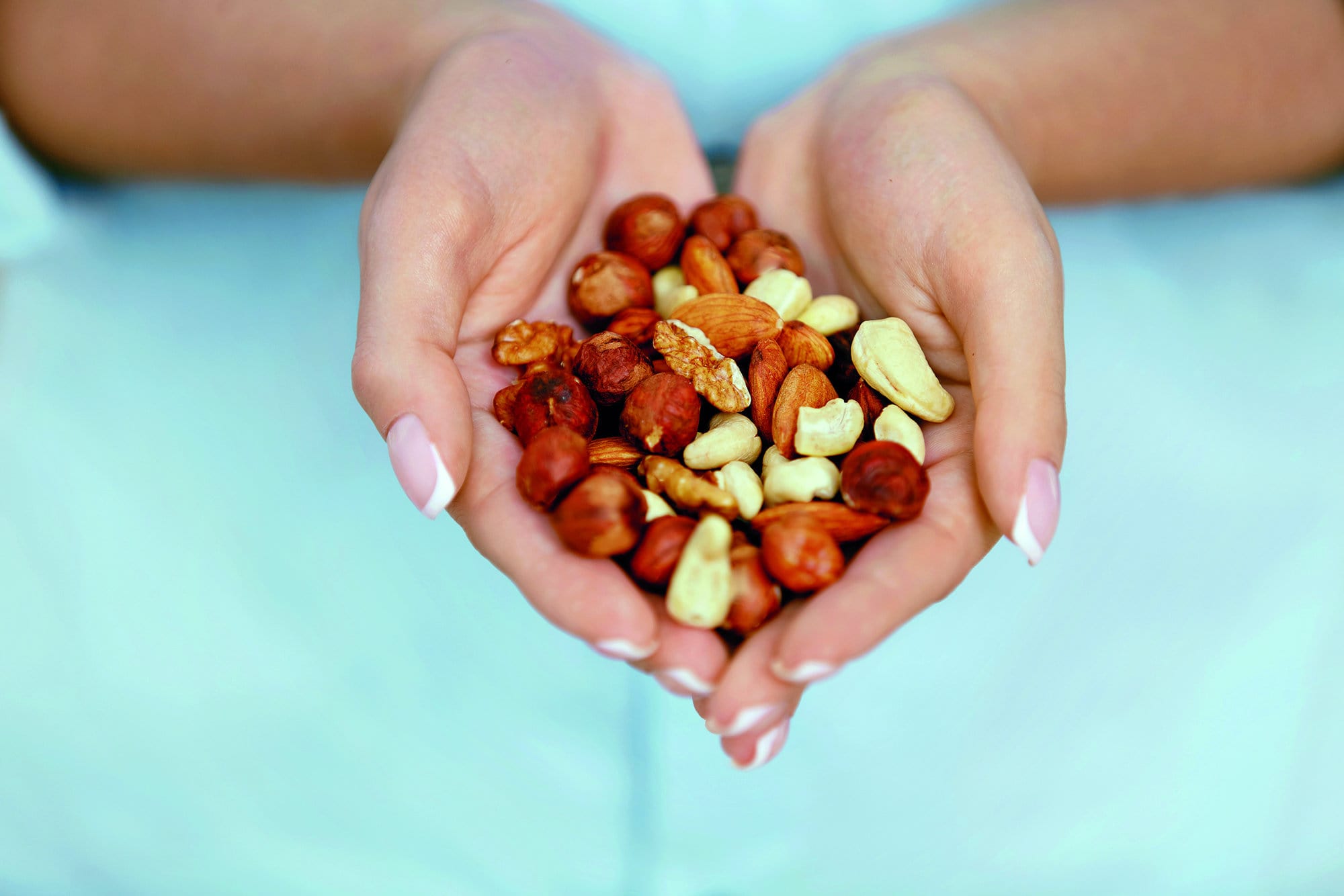
Get your vits' in
Experts reveal the nutrients that are missing the most from the average person’s diet…and what you can do to fix it
Sometimes what you need is right in front of you. That can even be the case when it comes to basic nutrition, where we miss vital nutrients and vitamins that could make a substantial improvement to our overall health and energy levels.
It’s incredible to see how many different nutrients the human body needs to stay healthy. We are human beings in a modern society — however, our bodies still need nutriments which come directly from the sun and mother earth. And restoring your vitality and joie de vivre can be pretty simple if you know what it is you’re missing.
In this article, barbecue experts FoodFireFriends (foodfirefriends.com), working alongside leading nutritionists Ellie Busby and Dr Sarah Cooke, take a look at what nutrients are missing the most from the average person’s diet and how to get more of them.
1. ZINC
“If your hair is thinning or dry, you might need more zinc,” says nutritionist Ellie Busby. “Most people do not get enough zinc, due to our food being over-processed, which strips the goodness out, and zinc suffers the most. Other signs of a zinc deficiency are soft nails, dry skin, and getting ill a lot. Foods that are rich in zinc to integrate in everyday diets are whole wheat bread and pasta, whole grains (quinoa, buckwheat, brown rice) and pumpkin seeds.”
2. VITAMIN B6
Skin rashes, sore lips and tongue, mood changes and tiredness can all be signs of Vitamin B6 deficiency. Vitamin B6 is important to protect and strengthen the immune system and maintain an optimal amount of amino acids in the blood. “Vitamin B6 is one of the most common micronutrients deficiencies in the average person's diet,” notes Dr Sarah Cooke. “Optimal veggie sources of vitamin B6 include avocado, russet potatoes, garbanzo beans and nuts.”

3. VITAMIN D
“We cannot get much vitamin D from our diet. In fact, we make most of it from sunlight. The problem? We are not in the sun enough. So, our body turns to our food to get what it needs.” explains Busby.
“The only natural food source of vitamin D is oily fish. You might find special high-vitamin D mushrooms in your local supermarket nowadays too. Another way would be to look for fortified soya milk, which I get my daily vitamin D from.”

4. OMEGA-3
Most people do not eat enough nuts and seeds and eat too many processed foods. One is high in omega-3 (anti-inflammatory, good for you), and one is high in omega-6 (pro-inflammatory, bad for you). Our brains are made of fat, and most of it is omega 3. One risk of not getting enough omega 3 is that the brain will age faster, and this will increase risk of dementia, when getting older.
What most people do not know is that omega-3 and omega-6 need to be in balance. So, we cannot just eat foods high in omega-3 and hope for the best. We need to reduce our omega-6 intake too. A way to do this would be to reduce the number of processed foods in our diet and start consuming more nuts and seeds.
“Omega-3 fatty acids are generally lacking in the American diet,” says Cooke. Veggie sources of omega 3 include walnuts, and flax seed. “By adding flax seed to oatmeal or walnuts to salad we help increase our daily Omega 3 intake.”
5. IRON
Most people do not eat enough nuts and seeds and eat too many processed foods. One is high in omega-3 (anti-inflammatory, good for you), and one is high in omega-6 (pro-inflammatory, bad for you). Our brains are made of fat, and most of it is omega 3. One risk of not getting enough omega 3 is that the brain will age faster, and this will increase risk of dementia, when getting older.
What most people do not know is that omega-3 and omega-6 need to be in balance. So, we cannot just eat foods high in omega-3 and hope for the best. We need to reduce our omega-6 intake too. A way to do this would be to reduce the number of processed foods in our diet and start consuming more nuts and seeds.
“Omega-3 fatty acids are generally lacking in the American diet,” says Cooke. Veggie sources of omega 3 include walnuts, and flax seed. “By adding flax seed to oatmeal or walnuts to salad we help increase our daily Omega 3 intake.”




